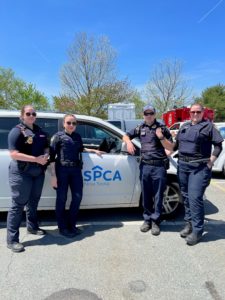Most of us watch the news, get informed, learn a fun tidbit to share, then turn it off until news breaks again. Researchers like Jane Allt and Angela Poirier watch the news and ask, “could things be better?”

This was one of the questions they asked after watching the wildfires in Tantallon and Shelburne last year. “We had questions and concerns over which agency was responsible for animal safety,” says Poirier. “It was the same question we had after the Fort MacMurray fire in 2016.”
Companion animal owners themselves, they both watched the confusion on the ground in Tantallon when the fires started, and their natural curiosity mixed with their professional background kicked in. Angela says they wanted to know if better coordination was needed and what could a lead organization look like?

Former Nova Scotia civil servants, Jane Allt retired as the Director of Strategic Support Services. Angela Poirier was a Senior Policy Analyst. Together they have just under 60 years of work experience in government. Today they own Civilly Speaking, a consulting company that works with organizations on research and policy initiatives. They have also authored a book, How Government Really Works which is described as a “field guide to bureaucracies in Canada.”
After the largest wildfire in the province’s history was finally out, Allt and Poirier started researching what was in place now and what was needed for future emergencies around companion animal safety.
Over the next few months, the authors reached out to meet with various government agencies across Canada, as well as citizens, and animal welfare agencies, including the Nova Scotia SPCA.
They also reviewed studies that warn of the consequences of the lack of planning for disaster animal response. “There will be more loss of pets, who are family members, mental health impacts, and ultimately there will be loss of life,” states Poirier. “Without an assigned agency, pet owners might risk their lives to get their pets, and first responders will need to rescue them, also risking their lives.”
The research they undertook was incorporated into a policy paper they shared with the Nova Scotia government. Among the options, in no particular order that government could consider include:
1. Nothing changes, status quo for future emergencies
2. Government assigns a lead agency
3. Government assigns the Nova Scotia SPCA as the lead agency

Both researchers proposed that the preferred option for companion animals and pet families is option three. “The Nova Scotia SPCA has a lot of credibility, and people have a lot of faith in the organization,” says Allt. Poirier chimes in that the “SPCA is already responsible for the Animal Protection Act under provincial legislation and works with the Department of Agriculture. Not to mention the resources, capacity, and experience.”
Allt and Poirier will speak at the upcoming Humane Canada Summit for Animals conference happening in Halifax May 5-7, discussing their policy paper. “It’s timely that the research just finished, and this conference is in our backyard,” says Poirier. “A lot of the research is about Nova Scotia, but we researched across Canada.”
Both agree that this is a critical issue with climate change, wildfires, hurricanes, and massive snowstorms, will happen again. “The notion of animal rescue is critical these days,” says Allt. “This is not a Nova Scotia-only problem. Our research findings and recommendations will help others.”
Click here to register today to attend the Summit for Animals to hear speakers like Jane Allt and Angela Poirier.
